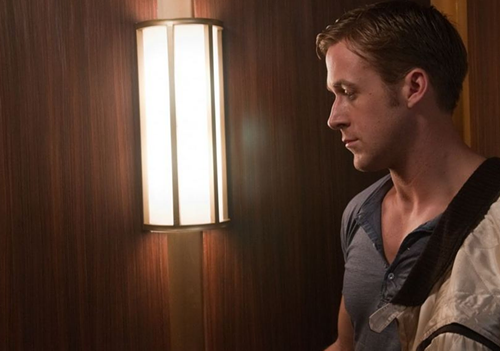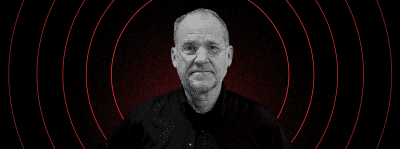“How to Quit”: Williamsburg, Addiction, and Ryan Gosling

In her essay, Dombek explores the duality of her life and the lives of the people around her, or, at least, the people she cares about, the ones who “turn ordinary nights into wide electric universes that snap in the head like a new beat, get and give pleasure like they’ll otherwise die, make music what music is and art what art is. Because they cannot do all the things it takes to marry, they can bring a whole marriage’s worth of intimacy into one night of fucking, and you can let that land square on you, like you’re the only girl in the world, to quote Rihanna.” These people are “drunks, drug addicts, sex addicts, compulsive gamblers, and/or people on or recovering from deep, life-threatening benders: these are the only people who really hold [Dombek’s] interest, which means that [she] usually [is] friends with or fuck[s] and/or love[s] people with a dead parent or two, bipolar or otherwise depressed people, musicians, writers, and/or pathological liars.”
Is Dombek the first person to write about addiction, and the act of being addicted to addiction? Of course not. But she is really fucking funny and slips in questions that those of us who are “depressed people, musicians, writers, and/or pathological liars” (or all of the above?) have actually thought about many, many times before. Questions like, “How do sober people get close to one another?” This is important because, while on the one hand the answer is, I suppose, online dating, on the other hand, Dombek assures us, “no one knows.” This question—of how normal people who don’t feel things as deeply as the afflicted do can ever fall in love—is one that I’ve always wrestled with. I mean, how do you know you love someone if they’ve never hurt you? How do you know you own something if you haven’t cried on it, sweated on it, bled on it? These are real questions and they pertain not only to the people that we love, but to this city that we love.
A parallel question—and one relevant to all of us who struggle to live in New York is—how do sober people wind up in New York? The gentrification that so rapidly changed Dombek’s Williamsburg altered the face of a neighborhood that is just as true of a love to her as any of the musicians she met at the bar by her apartment and took home to fuck. When Dombek writes about losing someone she was close to, she could just as easily be talking about losing her grip on her corner of this city: “Later, when I’m sure I’ve got you, I’ll say change, please change, but what I really mean is, look at you, what would you do without me, you’re falling apart, you would fucking die without me, I’m the most important person in the world to you. Don’t die. Stay with me. Never leave.” We all do that in our lives here. We all want to believe that we are part of the reason why things are the way they are—that we matter, that this can never end as long as we stay together.
Dombek writes, “Repeating the same words over and over again, claimed Gertrude Stein, is the only way to make sure they will actually mean something different.” And this is true in love and real estate and Ryan Gosling. We say the same words over and over again, so that they gradually take on a meaning that only makes sense in our own minds. For other people, these things might mean something else, but in the quiet places in our minds where we hold these words, they mean something special. They mean safety from both the end of the world and its rebirth. We make these words our own so that we can write the future for ourselves. Things end. But we’ll move on.
Dombek finished reading at the lectern, went back to her seat, and Carla Blumenkranz, another of n+1’s editors, made her way to the microphone for Julia Grønnevet to read “Letters from Oslo.” Grønnevet had a tough task ahead of her, because even mass murder isn’t as interesting as sex and drugs and Ryan Gosling, but she did an admirable job, and now her words were swimming around in my head along with everything else. I guess all of this is to say, partly, that if you are wondering what to get people for the holidays, or just because you like to give people good things, get them a subscription to n+1, or at the very least, get them this issue. Unlike the “dead white magazines” that this issue tears into, n+1 is a living, breathing entity. And anything that reminds you that you are alive and that you are part of something is a good thing, even if it destroys you. Which n+1 probably won’t do. What I’m saying is, there’s no beach towel, but it’s winter anyway, you won’t need a beach towel for quite some time. And read Kristin Dombek’s essay. It’s the next best thing to having her read it to you.
Follow Kristin Iversen on twitter @kmiversen
You might also like 



















